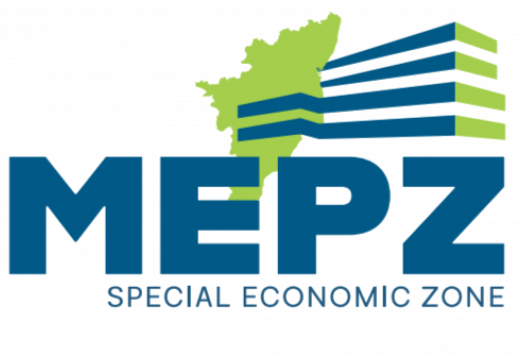EOUs Policies & Procedures
The Export Oriented Unit (EOU) Scheme, introduced by the Government of India in 1981, aims to promote exports by facilitating units dedicated to producing goods and services exclusively for international markets. This scheme is applicable across various sectors, including manufacturing, processing, and service
Key Policies and Procedures for EOUs:
- Eligibility and Approval:
- Units proposing to engage in export activities with a commitment to export their entire production of goods and services, except permissible sales in the Domestic Tariff Area (DTA), are eligible to apply under the EOU scheme.
- Applications are submitted to the concerned Development Commissioner, who evaluates proposals based on factors such as export potential, economic viability, and adherence to environmental standards.
- Legal Framework
- The EOU scheme operates under the provisions of the Foreign Trade Policy and is governed by various notifications and circulars issued by the Directorate General of Foreign Trade (DGFT).
- Units must comply with applicable laws, including labor laws, environmental regulations, and other statutory requirements.
- Customs Bonding:
- EOUs are required to be customs bonded, which involves executing a Bond-cum-Legal Undertaking (BLUT) with the jurisdictional customs authorities.
- This bonding facilitates the import of capital goods, raw materials, and other inputs without payment of customs duties, subject to fulfillment of export obligations.
- Export Obligations:
- EOUs must achieve a minimum Net Foreign Exchange (NFE) earning as a percentage of exports, as specified in the Foreign Trade Policy.
- NFE is calculated cumulatively over a block period, typically five years, from the commencement of production.
- Domestic Tariff Area (DTA) Sales:
- While EOUs are primarily export-focused, they are permitted to sell a portion of their production in the DTA, subject to applicable duties and fulfillment of specified conditions.
- Such sales are usually limited to a percentage of the unit’s export performance and may require prior approval.
- Monitoring and Compliance:
- EOUs are subject to periodic monitoring by the Development Commissioner and customs authorities to ensure compliance with the scheme’s provisions.
- Units must submit regular reports, including Quarterly Performance Reports (QPRs) and Annual Performance Reports (APRs), detailing their operational and financial performance.

